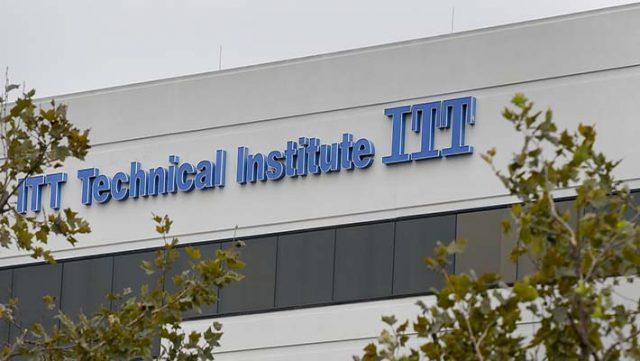By Nate Jackson/ reporter
NW students learned different ways to actively enhance their research skills Sept. 8.
“If you’re relying solely on the internet, you’re outsourcing your thinking, and that’s not a good thing,” NW library services assistant director Jim Baxter said.
Baxter aimed to provide students with information that allows them to take a “philosophical approach” to research. He urged students to question why and how people believe what they see on the internet to help students learn how to establish academic credibility.
He used the search engine Google as an example.
“Google makes their living from advertising,” he said. “Everyone and anyone can have their information prioritized depending on what they’re willing to pay for it, not whether or not a source is credible.”
Baker also said no one gets the same results when they Google information. He said the method Google uses to display search results is based on 47 different factors. For example, previous searches, websites visited and devices used are accounted for when search results are compiled.
Baxter insisted students learn to use academic databases when conducting research.
“The district spends close to a half-million dollars on subscriptions to academic databases for student use,” he said.
Baxter encouraged students to learn by means of continuous inquiry.
“Don’t be the unquestioning fish,” he said. “Be skeptical. Be curious.”
Library services director Kris Helge said apps like Augmented Reality and Blippar add another dimension to research if the app fits within the confines of the assignment.
Helge also explained why people often resort to using the internet instead of relying on scholarly literature when conducting research.
“Students have been conditioned to use Google first,” he said.
Using the internet is a convenient and inexpensive option for doing research, as the content in academic databases is not free, Helge said.
Library technology manager Brandon Wineman offered insights about access TCC students have to Google Drive. He said TCC has provided students the ability to save as much content as they need to the drive.

























